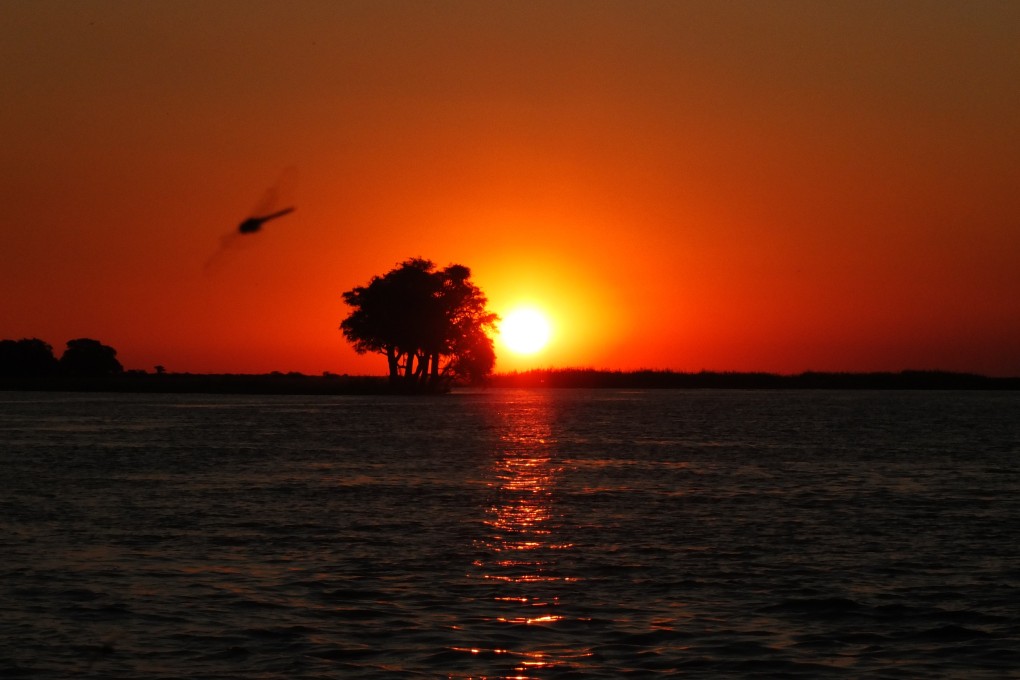Is Botswana the ‘homeland’ of all 7.7 billion people on Earth?
- New study proposes central role for African region in the early history of humankind starting 200,000 years ago
- Other scientists raise questions about results, which were based on DNA samples

Scientists claim to have traced the ancestral home region of all living humans to a vast wetland that sprawled over much of modern day Botswana and served as an oasis in an otherwise parched expanse of Africa.
The swathe of land south of the Zambezi River became a thriving home to Homo sapiens 200,000 years ago, the researchers suggest, and sustained an isolated, founder population of modern humans for at least 70,000 years.
The group remained in the region until a shift in the climate, driven by changes in the Earth’s tilt and orbit, brought rains to the north-east and southwest, producing lush green corridors that allowed the early humans to spread into new territories, the scientists say.
“We have known for a long time that modern humans originated in Africa and roughly 200,000 years ago, but what we hadn’t known until this study was where exactly,” said Professor Vanessa Hayes, a geneticist and senior author on the study at the Garvan Institute of Medical Research in Sydney.
The conclusions, which have raised eyebrows among some experts, are based on an analysis of 1,217 samples of mitochondrial DNA, the genetic material in tiny battery-like mitochondria found in most cells.
